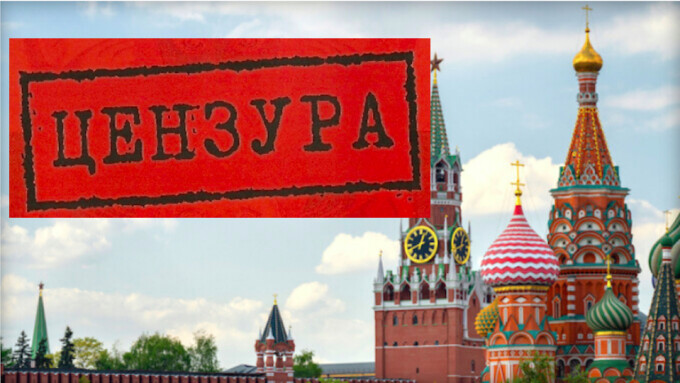MOSCOW — A Russian court fined Google 14 million rubles ($188,000) on Tuesday for failing to remove material that recent legislation by the Putin government deems “forbidden,” a designation that includes “content that advocates pornography, drugs or suicide.”
“By the rulings of the magistrate of the judicial section N422 of the Tagansky district of Moscow, on August 17, five materials on administrative violations against Google LLC were considered,” reads the ruling. “Company Google LLC was found guilty of committing administrative offenses under ... the Administrative Code of the Russian Federation — Violation of the procedure for restricting access to information, information resources, access to which is subject to restriction in accordance with the legislation of the Russian Federation on information, information technology and information protection, and (or) the procedure for deleting said information.”
Russian President Vladimir Putin closed 2020 by signing a comprehensive censorship law that would allow for sweeping actions on supposed “moral grounds.”
According to NPR and several freedom-of-expression watchdogs, the Kremlin “has repeatedly used the protection of minors as a pretext to limit free expression.”
NPR reported that “At a meeting with young people [in March 2021], Putin said that tech companies had to follow the ‘moral laws of our society’ — or Russian society would collapse.”
For more of XBIZ's coverage on Russia's ongoing War on Porn, click here.








